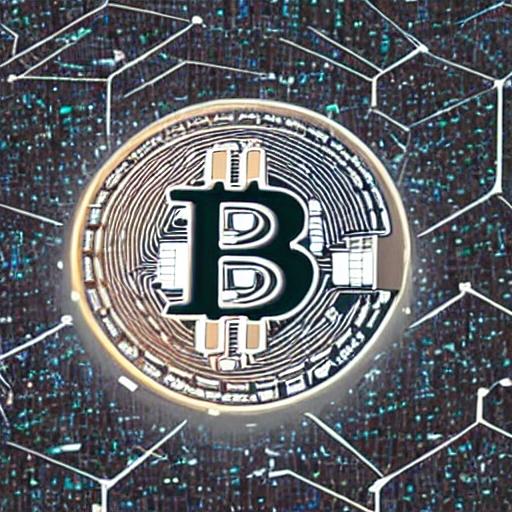Non-Fungible Tokens (NFTs) have taken the world by storm, revolutionizing the way we buy, sell, and trade digital assets. From digital art and virtual real estate to collectibles and music, NFTs have opened up a whole new market for creators and investors alike. However, as with any emerging industry, there are pitfalls to watch out for. In this article, we’ll explore some of the key pitfalls of NFTs and how you can safeguard your investments.
1. Lack of Regulation: One of the major pitfalls of the NFT market is the lack of regulation. Unlike traditional financial markets, the NFT space is still in its infancy, leaving investors susceptible to scams and fraud. It’s important to thoroughly research the platforms and marketplaces you intend to use and verify the authenticity of the NFTs you plan to purchase. Look for reputable platforms with a track record of security and transparency.
2. Volatility and Speculation: NFT prices can be extremely volatile, with values soaring and plummeting within a short period. Speculation and market hype can drive prices to astronomical levels, creating a bubble that is prone to bursting. It’s crucial to be cautious when investing in NFTs and avoid being swayed by the latest trends or FOMO (fear of missing out). Consider your financial goals and risk tolerance before diving into the NFT market.

3. Intellectual Property Concerns: While NFTs provide a unique way to authenticate and monetize digital creations, they also raise intellectual property concerns. When buying an NFT, you may not necessarily own the copyright or reproduction rights to the underlying digital asset. Creators may retain these rights, limiting your ability to monetize or use the asset as you wish. Carefully review the terms and conditions of the NFT before making a purchase to ensure you understand your rights.
4. Environmental Impact: NFTs are built on blockchain technology, which requires a significant amount of computing power and energy. The process of minting and trading NFTs has raised concerns about its environmental impact, contributing to carbon emissions and energy consumption. As an investor, consider supporting platforms that are actively exploring more sustainable alternatives or implementing carbon offset initiatives.
5. Market Saturation and Quality Control: With the rapid growth of the NFT market, the influx of new artists and creators has created a saturation of content. This can make it difficult to differentiate between high-quality and low-quality assets. Quality control becomes crucial in ensuring that you are investing in valuable and unique NFTs. Look for recognized artists with a proven track record, or use curated platforms that vet the artists and their artworks.
